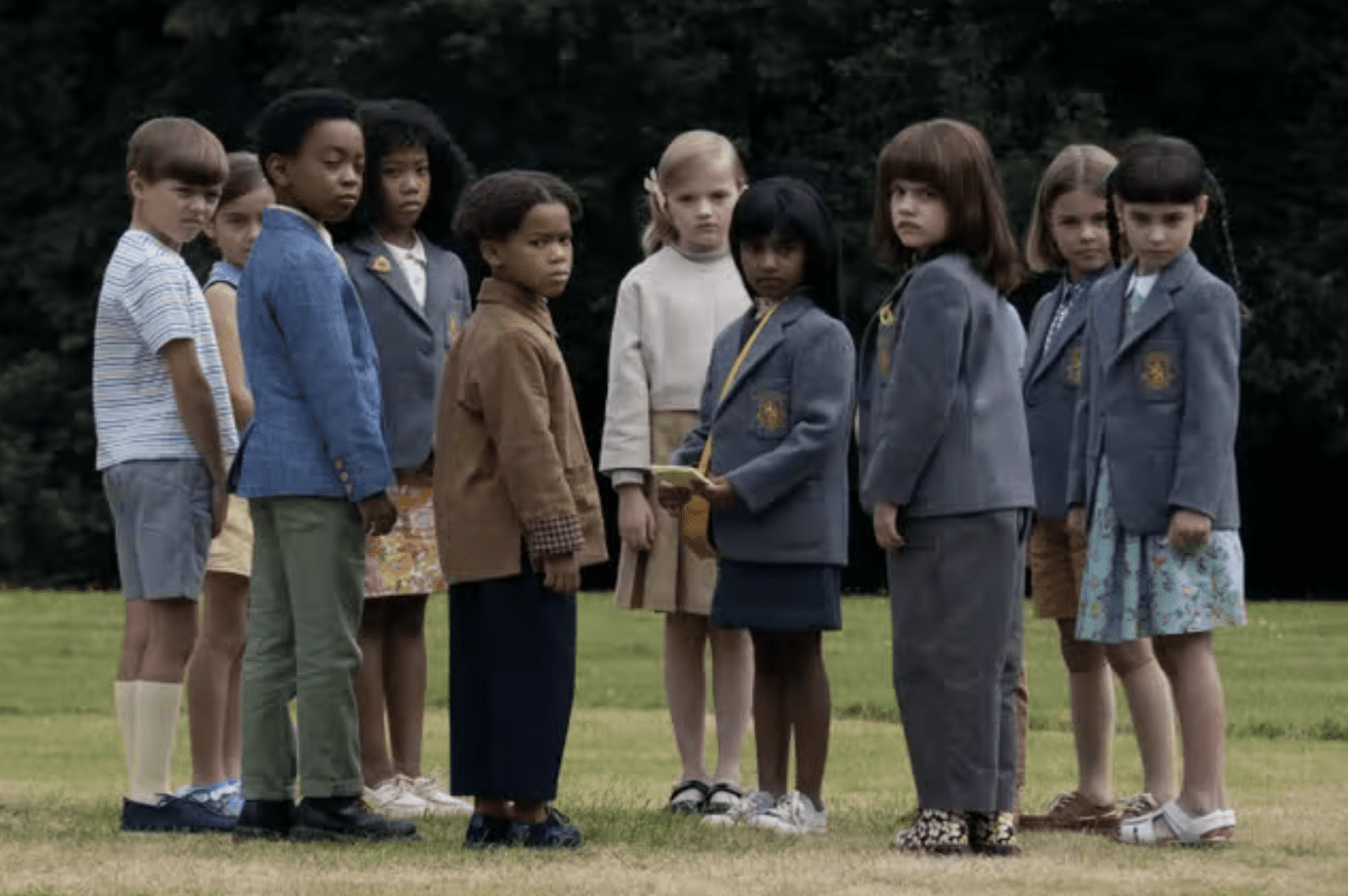

We Cannot Allow Our Schools to Become Woke Madrassas
Britain’s relationship with history is “not fit for purpose”, according to leading historian David Olusoga. He argues that generations of pupils have been routinely brainwashed by teachers determined to ignore Britain’s ignoble past and exclusively focus on the virtuous episodes in our national story. This, of course, is an inaccurate characterisation.
However, I fear that similar sentiments are behind the recent finding that eight in 10 secondary schools are changing their history lessons to focus more on diversity and ‘social justice’.
This would entail, inter alia, devoting more time to the study of black historical experiences, the Islamic and Mughal empires and the Arab-Israeli conflict. Some believe, however, such as former schools minister Nick Gibb and Alan Smithers, Professor of Education at Buckingham University, that such an approach unavoidably reduces the amount of time spent on British history.
But should they be concerned about a teacher-led push to raise awareness of – and give agency to – minority groups and their contributions to British and global history?
Well, as a history teacher at a state secondary school, my reflexive response has to be no, they shouldn’t be concerned, as long as pupils are taught within the wider context of our shared island story. Indeed, learning about waves of migration to Britain, black Tudors, the contributions of African-Caribbean and Asian soldiers to the global and colonial wars of the 20th century, and the intractable and ongoing conflict between the Israelis and Palestinians, complements the existing curriculum by introducing new perspectives that enrich and deepen understanding.
Moreover, any addition that challenges the puerile non-sequitur that the British empire was uniquely evil by framing it within the context of other imperial hegemons, notably the Islamic and Mughal empires, has to be a good thing.
However, the oft used term ‘decolonise’ to describe these changes raises two nagging concerns. First, are they going to be used to inaccurately portray Britain as uniquely evil? Will the Islamic empire be accurately portrayed as a racist, unequal and intolerant entity that enslaved black Africans, as well as a technologically advanced economic and military superpower? Will the Malian kingdom be represented as anything other than an Edenic utopia before the arrival of the avaricious Europeans? In short, could these changes be neatly summed up as ‘Occident (especially Britain) bad; Orient good’? Such concerns may of course be unfounded, but I can’t help but smell the whiff of a trite, reductionist political agenda behind these proposed changes.
To make sure this isn’t the case, school leaders should oversee such changes with great care, as must Ofsted. We can’t allow schools to become woke madrassas where children are taught to despise their own country. On the contrary, they should be encouraged to objectively examine the good and bad chapters in our long national story – in the context of European and global developments – and tentatively make their own moral judgements, uninfluenced by their teachers’ views.
My second concern chimes with that of Alan Smithers. These changes will ineluctably lead to less time being spent on British history. Now, that isn’t necessarily a bad thing – learning about foreign peoples is incredibly valuable, giving context to the British experience as well as providing important insights into human nature and development. It’s also something that we already do. But it’s a question of extent. Teaching and learning British history must take precedence over the study of other nations and peoples.
“But why should we prioritise British history?” I hear you ask. The short answer is because it is our story and an integral part of our identity, whether we realise it or not.
This is true of every country. The nation state is the optimal solution to our innate tribalism, uniting into a single people those who might otherwise break apart along ethnic or regional or ideological lines. It provides mutual defence and support to a mass of people who share, or come to share, a common story with its distinctive customs and way of life. Furthermore, for a democracy to exist at all, a demos must exist – a people or nation with a shared identity. In sum, the nation state is essential to individual prosperity, security and liberty.
Learning the story of your nation therefore tells you about your place in that shared history, as part of that people, whether a new arrival or long established. It gives you moral, social and cultural moorings, engendering pride and a mature acceptance that the ambiguity and complexity that punctuate our history render moral judgements intensely difficult, though not impossible. Through the fascinating history of our evolving socio-cultural, economic and political institutions, pupils will be taught to know and respect the country in which they live, giving rise to benign notions of citizenship and shared responsibility.
That said, if secondary schools teach new aspects of British history that include the contribution of minority groups and contextualise Britain’s empire alongside that of others, thereby shedding new light on our role as citizens of the world as well as citizens of Great Britain and Northern Ireland, then I’m all for it. If, on the other hand, woke teachers contrive to misrepresent Britain as a uniquely racist and evil country, something that David Olusoga is wont to do, or plan to do away with the emphasis on Britain’s island story, leaving children unmoored and lacking a sense of belonging, I’m profoundly opposed.
This development needs to be carefully monitored.
Wesley Smith is a writer and teacher living in London.







